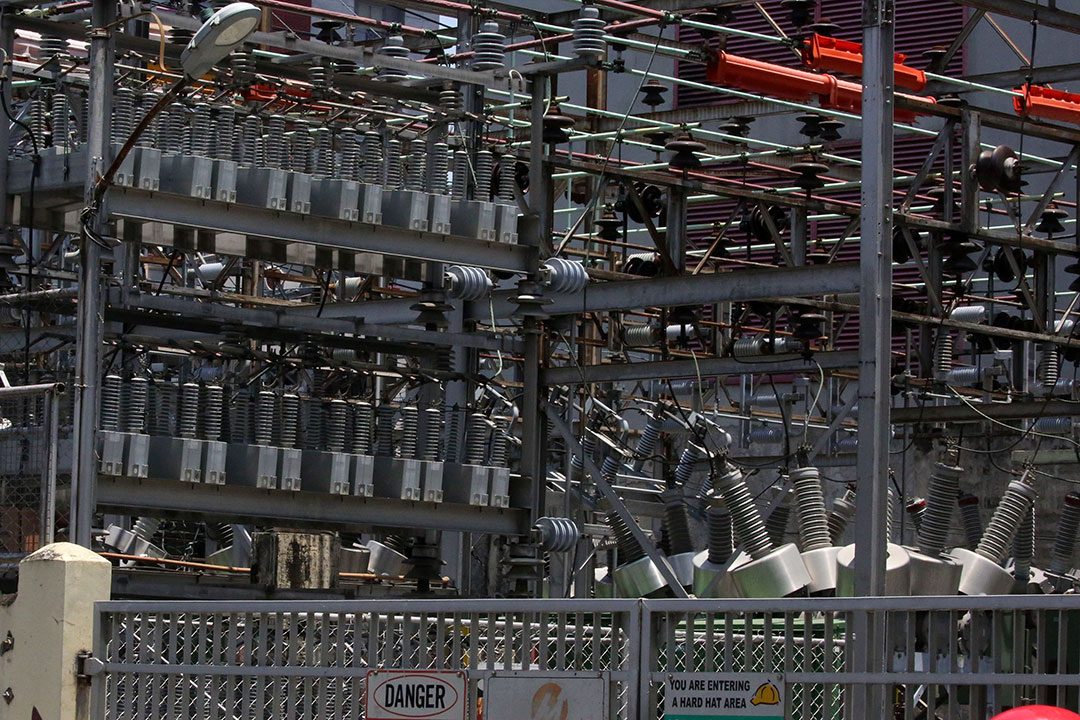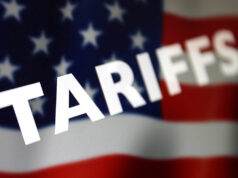Voters may judge re-electionists based on EPIRA effect

PHILIPPINE lawmakers running for re-election next year must provide a “convincing narrative” of how changes to the 23-year-old Electric Power Industry Reform Act (EPIRA) could lower electricity prices if they want to pitch it as a legislative achievement, political analysts said at the weekend.
“If a politician chooses to use this as a core issue during elections, then he must face the problem of being seen as a potential peddler of empty promises,” Anthony Lawrence A. Borja, a political science professor at De La Salle University in Manila, said in a Facebook Messenger chat.
“Whatever happens with the EPIRA amendments, it all boils down to the question of whether it can reduce electricity bills,” he added.
EPIRA restructured the electric power industry by privatizing the generation, transmission, distribution and supply of power in 2001. Measures seeking to amend it remain pending at the House of Representatives and Senate energy committees amid rising electricity prices.
“While one would presume that this is a vital piece of legislation, it needs to have a direct impact on people’s livelihoods to be an election issue,” Hansley A. Juliano, who teaches political science at the Ateneo de Manila University, said via Messenger chat.
“Energy is less directly seen [to have a direct impact] compared with employment and food, unless it becomes clear how energy costs and regulation impact investments and jobs,” he added.
Michael Henry Ll. Yusingco, a fellow at the Ateneo de Manila University Policy Center, expects lawmakers to pass a watered-down version of the bill.
“A total overhaul is less likely as it can lead to a lot of disruptions that may be hard to explain to voters,” he said via Messenger chat. “It will be an audacious move on the part of lawmakers if they did this before an election.”
The House of Representatives is looking to fast-track amendments to EPIRA, committing to finish power sector reforms before the Christmas break. The measure is a priority of President Ferdinand R. Marcos, Jr.
Speaker and Leyte Rep. Ferdinand Martin G. Romualdez in July said EPIRA “is a complicated law,” describing it as a “big piece of legislation.” — Kenneth Christiane L. Basilio



